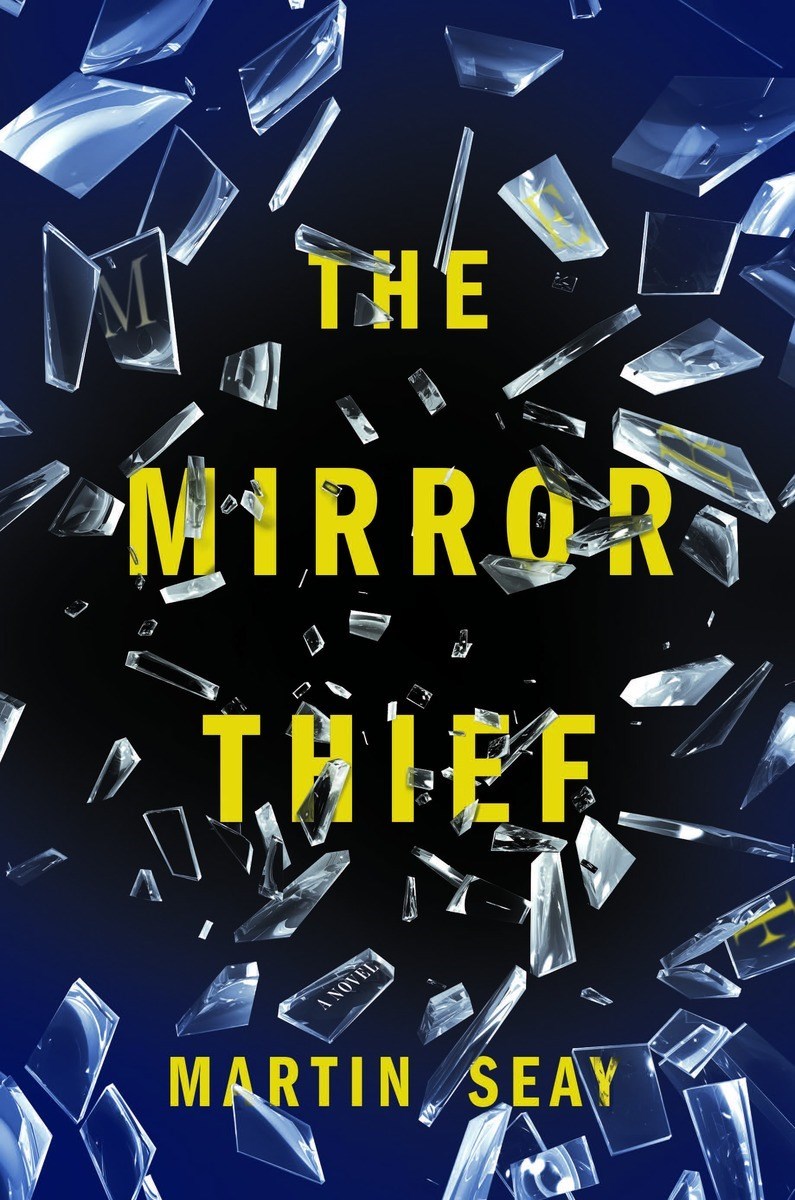What do you think?
Rate this book


582 pages, Hardcover
First published May 10, 2016

A genre-spanning tour de force that propels you on a quest through three cities and three moments in history, The Mirror Thief envelops you in its mysteries and conundrums, and then dazzles with its love stories, heists, and unexpected characters. Seay's debut succeeds not only as entertainment, but also as an intricate and lovely meditation on the shared nature of human creativity and experience across time. Brilliant.
…A delicious stew of Los Angeles-type noir, Da Vinci Code mystery, Rebel Without a Cause toughness, and Zen and the Art of Motorcycle Maintenance mechanical spirituality.
-Steve Salardino, Skylight Books, Los Angeles, CA.
The events of the past week, he says, are perhaps best likened to an obscure codex with a broken spine, the contents of which have been scattered everywhere. All interested parties possess a few pages, but only the book's author knows the whole. Indeed, even the author himself may have forgotten.
Stanley reads The Mirror Thief. It's a book of poems, but it tells a story: An alchemist and spy called Crivano steals an enchanted mirror, and is pursued by his enemies through the streets of a haunted city. Stanley long ago stopped paying the story any mind. He's come to regard it as a fillip at best, at worst as a device meant to conceal the book's true purpose, the powerful secret it contains. Nothing, he's quite certain, could be so obscure by accident
The city is always changing. Always, just for the sake of doing it. And that's why it's always the same. Get it? That's its nature, its essence. Invisible. Pure. Formless. Indestructible…. Places become defined by what they lose. Once it's gone, it's eternal. Everything you see down there - everything! - is on its way out. Everything self-destructs. I mean, fuck Rome. This is the eternal city. Pure concept.
 come to my blog!
come to my blog!